Here's an all too familiar scenario: you get a brand-new pair of leather shoes and walk around as carefully as possible so they don't get scuffed up. But eventually it happens. You walk too close to the side of a building and finally scrape your shoe along its edge. After cursing yourself for scuffing your shoes for a moment, it comes times to face the inevitable. Shoes, and especially leather shoes, get scuffed. Here's how to work out the marks using a variety of substances you probably already have at home.
Before you dive headfirst into any cleaning methods, make sure to take an inconspicuous spot on your shoe to spot clean. Doing a test run will ensure you don't stain, damage, or make the scuff mark worse. When just a clean cloth and elbow grease or warm water and mild liquid soap doesn't do the trick, switch over to one of our tips for how to remove scuff marks from your shoe lineup.
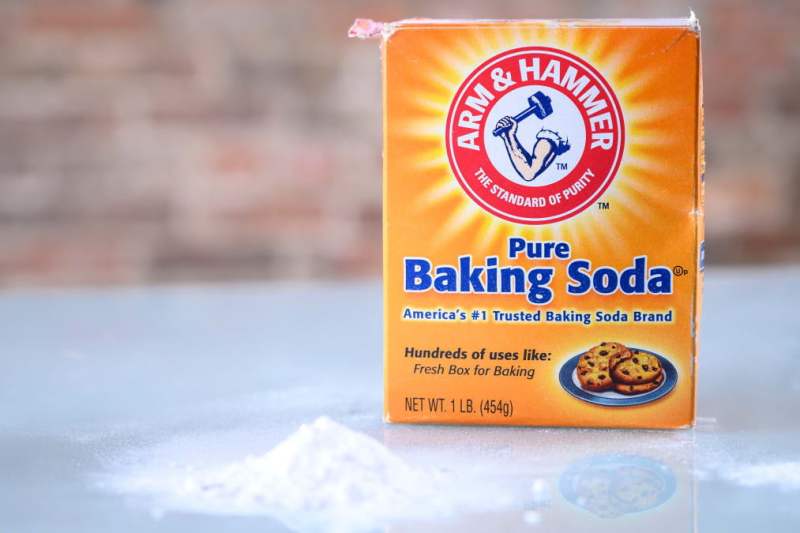
Remove scuff marks with baking soda
This widely available product is likely sitting in your pantry or refrigerator right now. It has a wide range of applications and is often used in toothpaste for its ability to remove stains.
Step 1: Combine 1-2 tablespoons of baking soda and enough warm water to create an evenly consistent paste.
Step 2: Using a cloth, polish the shoes and remove the excess paste with a second clean, damp cloth.
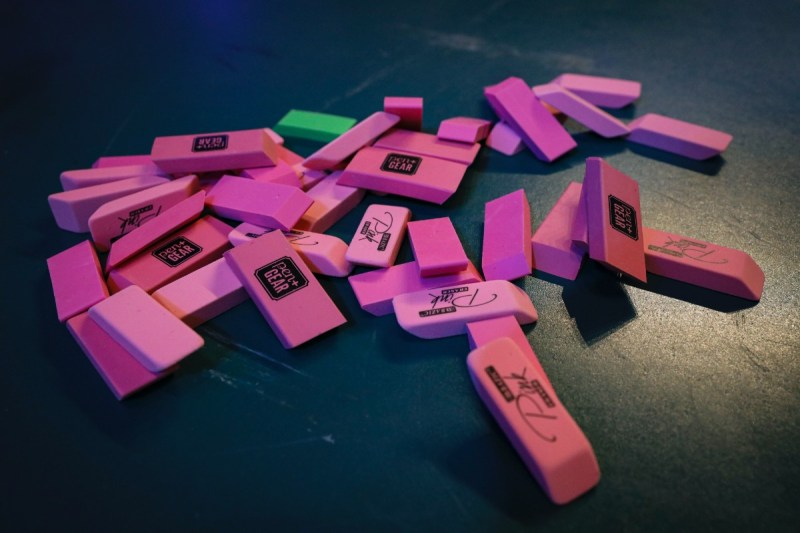
Remove scuff marks with a rubber eraser
Not to be confused with a magic eraser, which is not meant for leather, this school kid staple should be in every adult’s shoe repair quiver. And while the more common, pink-colored erasers work, you'll likely have to remove the residue once done. White erasers leave less of this residue.
Step 1: Make sure to brush any dirt or debris off the shoe before using the eraser method.
Step 2: Utilizing small circular motions, gently polish the scuff marks away.
Step 3: Use this method on vinyl, patent leather, and suede shoes.
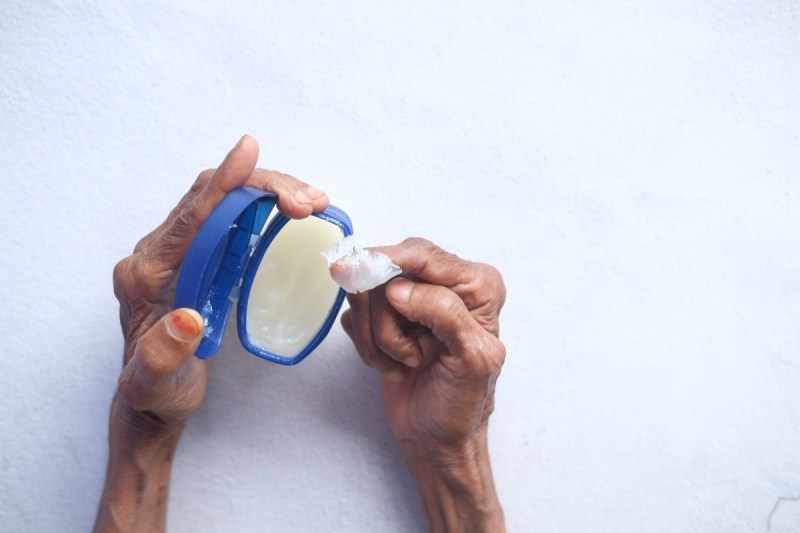
Remove scuff marks with petroleum jelly
In addition to reducing diaper rash in babies, petroleum jelly (i.e., Vaseline) is also a game-changer in helping to heal minor injuries on human skin as well as leather shoes.
Step 1: Using a clean and dry cloth, apply a small amount of petroleum jelly in circular motions to the affected area of the shoe.
Step 2: Allow the product to sit briefly on the surface before removing it with another clean cloth.
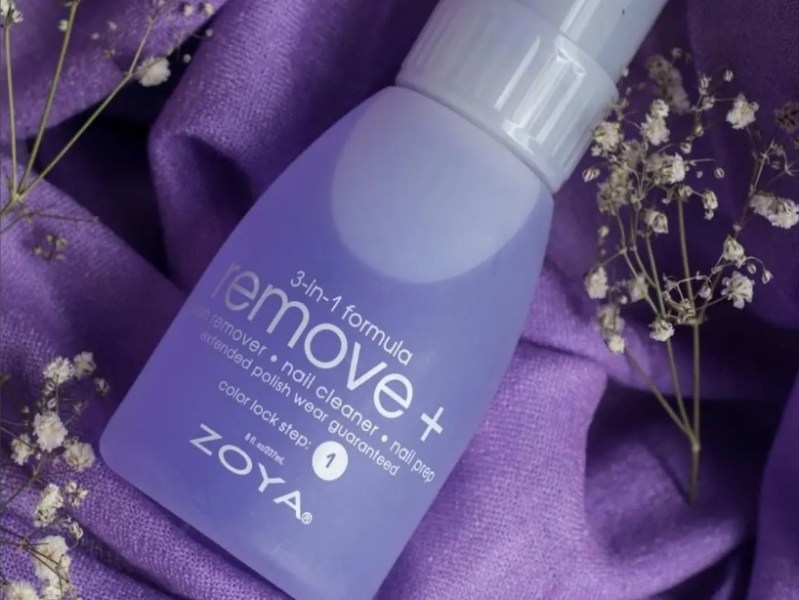
Remove scuff marks with nail polish remover
While nail polish might be horrible for cleaning your glasses, it is an effective tool for removing scuff mark from your shoes.
Step 1: Apply a small amount to a cotton ball and polish the scuffs with small, circular motions.
Step 2: Use this method for patent leather shoes and sneakers.
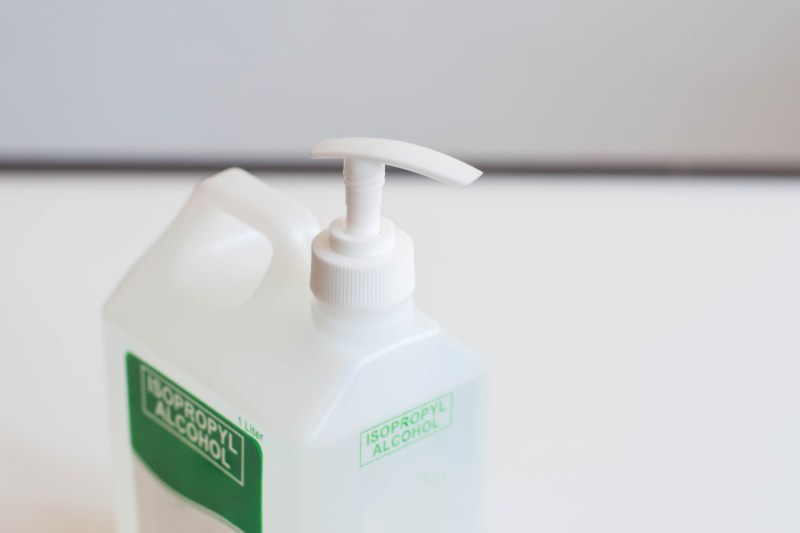
Remove scuff marks with rubbing alcohol
It’s excellent for sterilizing, but did you know that this inexpensive ingredient is also a great solution for removing scuffs and stains from patent leather? It's extremely simple to use, as well.
Step 1: If you don’t happen to have any rubbing alcohol at your disposal, you likely have hand sanitizer around.
Step 2: Slightly dampen a cloth and rub the area until the scuff is gone.
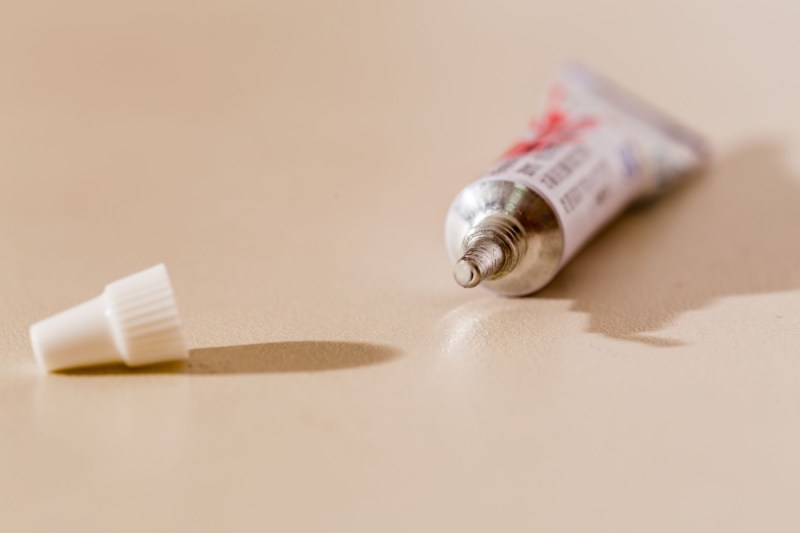
Remove scuff marks with toothpaste
The next time you swap out your toothbrush, put the old one aside and save it for countless cleaning opportunities. In addition to working on canvas shoes, toothpaste is a good solution for leather and faux leather footwear. As a bonus, the toothpaste solution is also a great way to brighten up those rubber soles.
Step 1: Apply a small amount of white (non-gel) toothpaste to the brush and gently polish the scuffs.
Step 2: With a damp cloth, wipe away the toothpaste and allow the shoes to air dry.

5 ways to prevent scuffing your shoes
Protecting your shoes from scuffing is essential to maintaining their appearance and longevity. Here are five effective methods to prevent scuffs:
- Invest in protective products: Apply a quality shoe protector spray to create a barrier against scuffs and stains. Regularly reapply to ensure future protection.
- Store properly: Store your shoes individually in cloth or felt shoe bags to prevent them from rubbing against each other.
- Be mindful of your surroundings: Be cautious of your environment, avoiding abrasive surfaces or rough terrains that could lead to scuffs. Stay clear of areas that pose a higher risk of damaging your shoes.
- Use toe taps or guards: Attach these thin protective layers to the front of your shoe soles to absorb impact and shield the leather from scuffing when walking.
- Apply regular maintenance: Clean your shoes regularly with a soft brush or cloth to remove dirt and debris that could lead to scuffs. Apply a leather conditioner to keep the material supple and less prone to damage.
Nothing is worse than getting a new pair of shoes only to have them ruined when you mark them up on their first time out of the house. Scuffs happen, but it doesn't have to be the end of your spotless shoes. Using these methods, prolong the life of your shoes — from strict and formal to the best business casual — and keep them looking as brand-new as possible.




